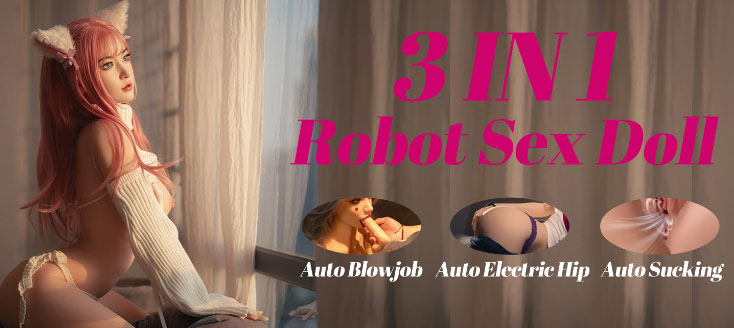How do people feel about the legalities surrounding the purchase of child-like sex dolls?
The legalities surrounding the purchase of child-like sex dolls evoke a wide range of emotions and opinions among various groups, including the general public, legal professionals, child advocacy organizations, and mental health experts. This topic raises significant ethical, legal, and social considerations, leading to polarized viewpoints. Here’s a comprehensive overview of how people feel about this issue:
1. Legal Framework
- Variability of Laws: Laws governing the purchase and possession of child-like sex dolls differ widely across countries and regions. In some jurisdictions, these dolls are legal to sell and own, while in others, they are banned entirely. This inconsistency creates confusion among consumers and contributes to the debate surrounding the dolls.
- Legislation Motives: Advocates for stricter laws often argue that these dolls could normalize or encourage harmful sexual behaviors towards children. Laws banning child-like dolls are typically framed as measures to protect children and society from potential harm.
- Legal Loopholes: In regions where child-like dolls are legal, some individuals express concern over potential loopholes that could allow for the proliferation of these dolls, fearing that a lack of regulation might lead to increased risks of child exploitation.
2. Public Opinion
- Moral Outrage: Many people express strong moral objections to the existence of child-like sex dolls, viewing them as an affront to childhood innocence. This sentiment is often fueled by media coverage of child exploitation and abuse cases, leading to a heightened awareness and sensitivity around the issue.
- Fear of Normalization: A prevalent concern among critics is that the availability of these dolls could normalize unhealthy sexual fantasies and attitudes towards children. Many believe that exposing individuals to such products might desensitize them to the severity of child exploitation and lead to harmful societal attitudes.
- Diverse Views on Freedom: Some individuals advocate for personal freedom, arguing that adults should have the right to make choices about their sexual preferences, including the purchase of dolls. They emphasize that as long as these dolls do not harm real children, individuals should not be restricted in their choices.
3. Mental Health Perspectives
- Therapeutic Use Arguments: Some mental health professionals suggest that child-like sex dolls could serve as a therapeutic tool for individuals with harmful sexual fantasies. They argue that providing a safe outlet could potentially prevent individuals from acting on these urges in real life.
- Opposition from Mental Health Advocates: Conversely, many in the mental health field strongly oppose this view, arguing that the existence of such dolls may trivialize the seriousness of child sexual abuse and exploitation. This division reflects broader societal concerns about the implications of normalizing problematic behaviors.
4. Cultural Considerations
- Impact on Societal Norms: Many people fear that the existence of child-like sex dolls may contribute to the ongoing sexualization of children in society. This concern is particularly pronounced among parents, educators, and child protection advocates who emphasize the need to preserve childhood innocence and uphold societal standards.
- Long-term Effects: There is apprehension about the potential long-term effects of these dolls on societal attitudes towards children and sexual behavior. Critics worry that exposure to such products could shape future generations’ views and behaviors in harmful ways.
5. Advocacy and Activism
- Child Advocacy Groups: Numerous organizations focused on child protection advocate for stringent regulations or outright bans on child-like sex dolls. These groups often engage in public awareness campaigns to highlight the potential dangers associated with such products and to advocate for policies that prioritize child welfare.
- Civil Liberties Concerns: On the other hand, some civil liberties organizations argue against blanket bans on child-like dolls, viewing them as potential infringements on individual rights. They emphasize the importance of distinguishing between fantasy and reality and call for nuanced discussions rather than restrictive laws.
6. Personal Stories and Testimonies
- Personal Experiences: Many individuals express their concerns based on personal experiences or stories from friends and family. Accounts of child abuse and exploitation resonate deeply with the public, leading to heightened emotions and calls for protective measures against child-like sex dolls.
- Conflicting Narratives: Testimonies from individuals with different perspectives can often conflict. Some may share positive views on the potential therapeutic uses of these dolls, while others may passionately oppose any form of normalization of child-like imagery.
Conclusion
Overall, the legalities surrounding the purchase of child-like sex dolls evoke a complex interplay of legal, moral, psychological, and cultural factors. Public sentiment is largely polarized, with many expressing strong objections based on concerns for child safety and societal values, while others advocate for personal freedoms and individual rights. As this debate continues to evolve, it raises important questions about the balance between protecting children and respecting adult autonomy, making it a critical area for ongoing discussion and research.

